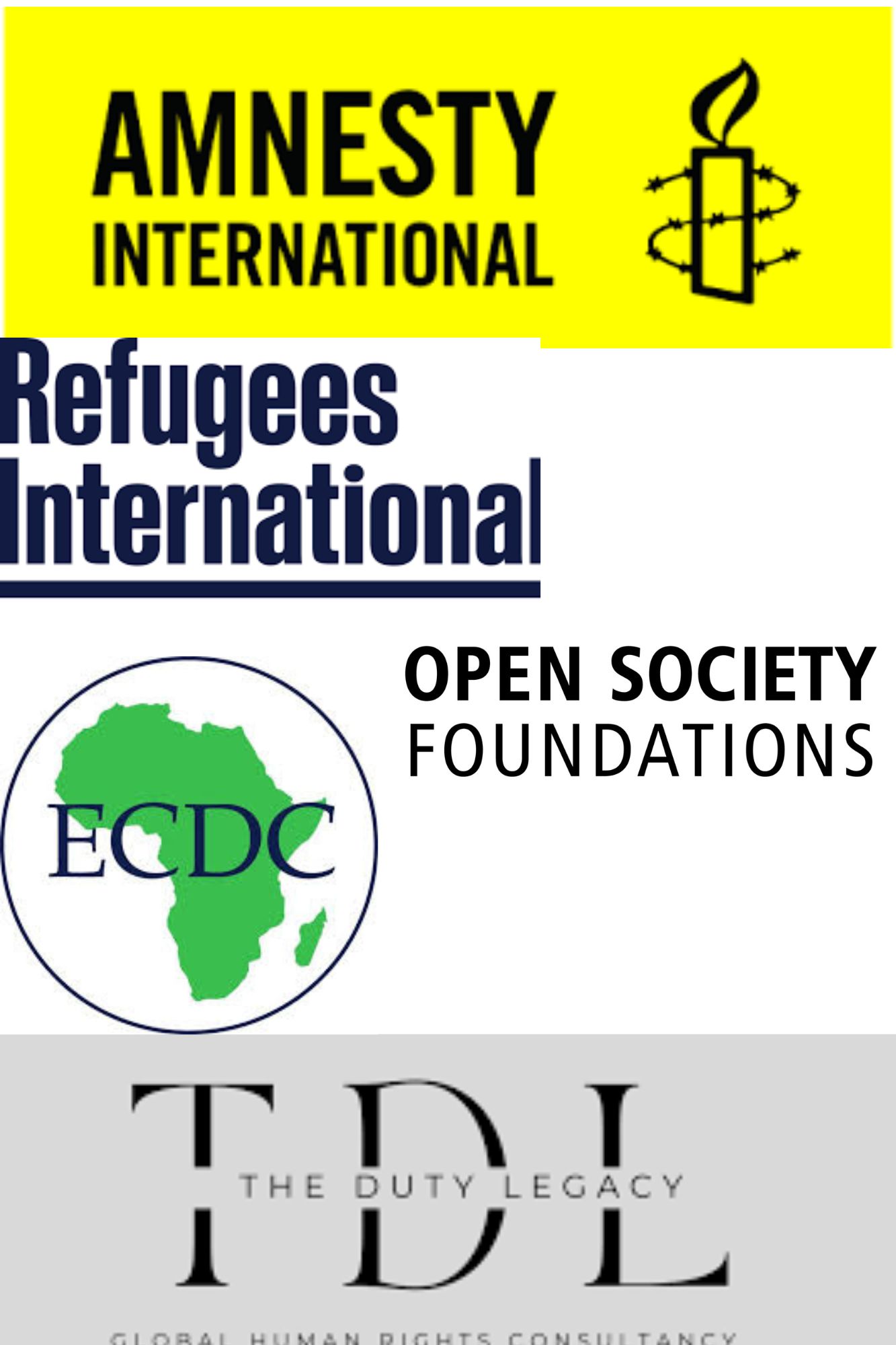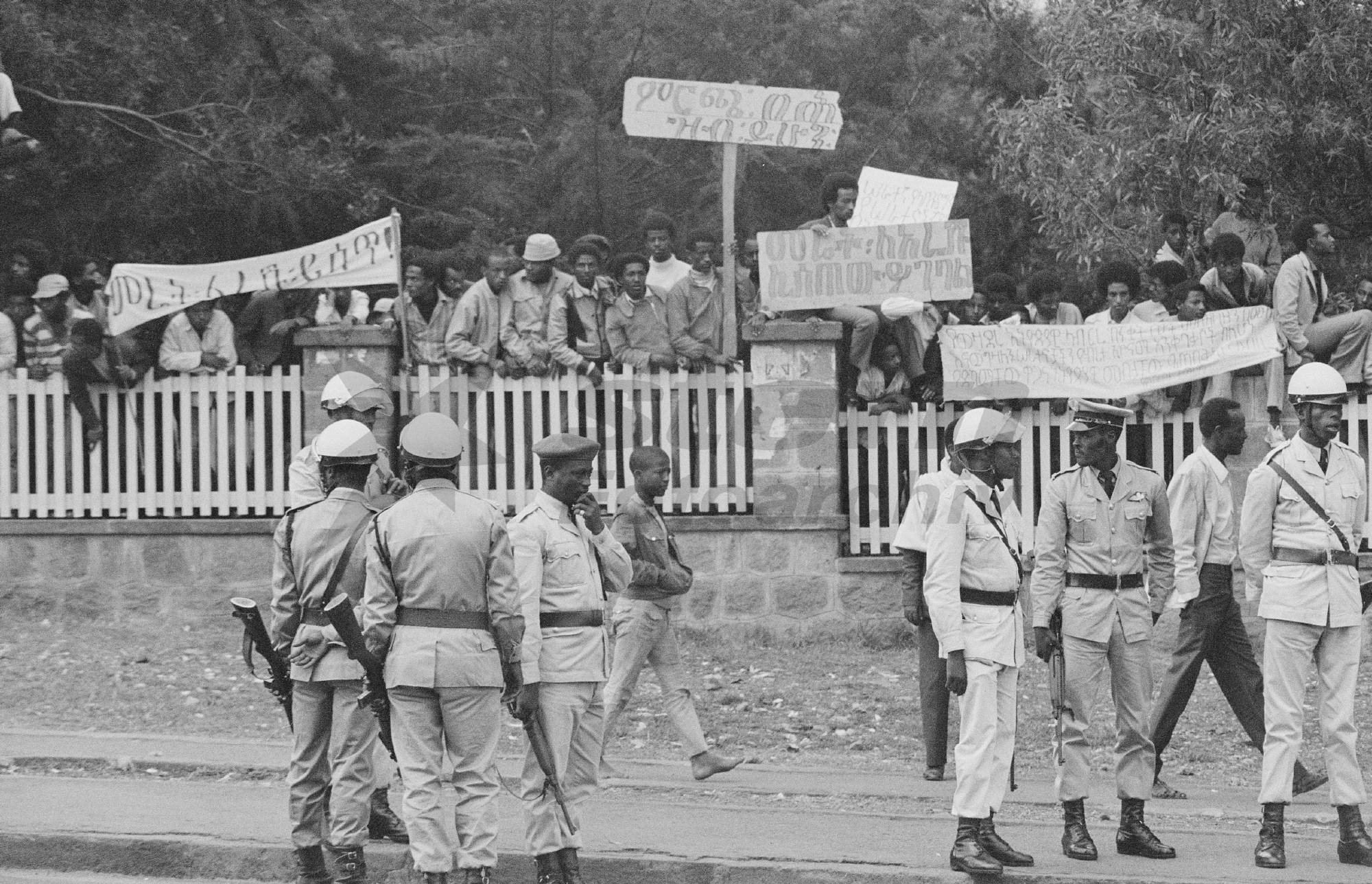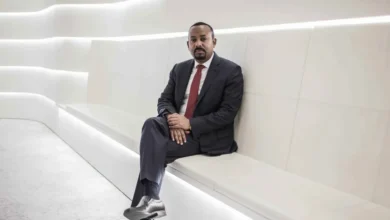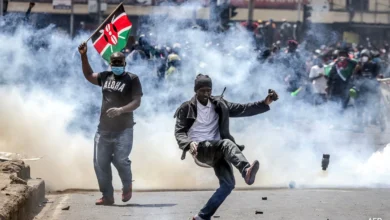Unmasking Ethiopia’s Struggles: Reflections on Amhara Advocacy and Transitional Justice

Two recent webinars, hosted respectively by The Alliance for the Prevention of Atrocity Crimes and a coalition led by Amnesty International USA, offered a rare platform to discuss Ethiopia’s multifaceted crises. The sessions marked a notable shift in tone compared to past forums, which often silenced Amhara voices and deflected blame from root causes. While these developments are encouraging, they also reveal persistent structural issues that demand closer scrutiny.
A Historical Bias Disrupted
Historically, platforms addressing Ethiopia’s human rights challenges often reduced Amharas to scapegoats for systemic failures, sidelining their voices and grievances. This marginalization is no longer tenable for two reasons:
- Amhara Advocacy’s Strategic Maturity: The assertive organization of Amhara activists has shifted the dynamics of these discussions. Groups like Fano have not only resisted state-led repression but also exposed the targeted violence Amharas have endured. By documenting disinformation and countering long-standing narratives, they have compelled moderators and participants to tread carefully.
- Inclusion of Amhara Perspectives: Amhara advocates’ inclusion in these discussions has fundamentally changed their nature. No longer can others ignore or distort Amhara narratives. This inclusion forces stakeholders to confront the systemic flaws underpinning Ethiopia’s ethnic federalist system, which has marginalized multiple communities, including Amharas.
Lessons from the First Webinar: The Case for Immediate Relief
The first webinar included a powerful presentation by Robel Alemu, Human Rights Advocate and Director of Communications at the Amhara Association of America (AAA). He shifted the narrative by emphasizing the urgency of halting ongoing atrocities over debating theoretical frameworks. Robel posed a poignant and thought-provoking question: How can a government actively implicated in human rights violations be entrusted with overseeing a transitional justice process? This challenge resonated deeply, casting doubt on the credibility of involving the Ethiopian government as a neutral facilitator of justice.
While most speakers recognized the importance of transitional justice, there was considerable skepticism about the current regime’s capacity to lead such a process. The discussion was notably enhanced by the expert moderation of James Joseph, a human rights advocate and director of The Duty Legacy. With his extensive experience as a commentator on international human rights, atrocity accountability, and transitional justice, James ensured a balanced and respectful exchange of ideas. His efforts marked a significant departure from the divisive tone often observed in similar forums in previous years.
The Second Webinar: Revisiting Ethiopia’s Structural Fault Lines
The second webinar, supported by Refugees International, Amnesty International and Open Society, delved deeper into Ethiopia’s structural challenges. Dr. Yirga Gelaw’s analysis stood out for its depth and historical breadth. He traced the roots of Ethiopia’s ethnic conflicts to decades of ideological and administrative restructuring, particularly the ethnic federalist constitution ratified under the Ethiopian People’s Revolutionary Democratic Front (EPRDF) in the 1990s.
Dr. Yirga Gelaw made a critical point: The current crises did not emerge in 2020. For Amharas, the struggle over territories like Wolkait, Raya, and others predates recent conflicts. Since 1991, Amhara communities have persistently sought justice through official channels—organizing identity committees, submitting petitions, and engaging in advocacy. These efforts, however, were met with systematic indifference, escalating from discrimination to widespread violence. The root causes of the current turmoil in Ethiopia can never be appropriately identified and examined unless the appropriate scope both in terms of geography and time is not considered.
Since the primary aim of continued deliberations on human right issues by human rights organizations should undoubtedly be to ultimately lessen human rights violations through better understanding of how to resolve these issues, guiding these discussions to cover the correct scope and timeline is an essential and important step that need to be acknowledged by all human rights advocates in general but Amhara advocacy groups in particular due to the severity of the ongoing genocide against Amharas and the need for a quick resolution. Thus, more advocates covering the root causes of the disastrous situation in Ethiopia should be encouraged.
The Status Quo Ante: A Flawed Starting Point
A recurring theme raised by panelists and moderators in these discussions is the “status quo ante” as a basis for conflict resolution. For many stakeholders, this means reverting to the territorial arrangements of November 3, 2020, just before the war in northern Ethiopia. However, this timeline is arbitrary and ignores the historical injustices Amharas have endured.
For Amhara advocates, the real “status quo ante” lies further back:
- Wolkait, Tegede, Humera, Telemt: These areas were annexed by the TPLF in the late 1980s, well before the group took power in Addis Ababa.
- Raya: This region was incorporated into Tigray after the TPLF consolidated power in 1991.
- Metekel and Dera: These territories were redistricted under duress, often through manipulative tactics that denied Amharas their identity and rights.
- The rest of the country: The lives of Amharas throughout the country has turned into that of being a second citizen since the ethnic administrative system was put in place in the mid 90’s. Amharas were discriminated in various ways and were denied any political representation regardless the fact that over one-third of the Amhara population resides outside the so-called Amhara Region.
Any resolution that ignores these historical grievances risks perpetuating the very injustices that sparked the current crises.
The Problem with the Ethnic Federalist Constitution
The Ethiopian government and international community frequently propose the existing constitution as a framework for resolving conflicts. Yet this constitution is deeply flawed. It was drafted and ratified without Amhara representation, and its provisions have enabled systemic exclusion and violence.
Amhara advocates rightly argue that this constitution cannot serve as the basis for reconciliation. Instead, any new framework must be inclusive from the start, addressing the root causes of Ethiopia’s crises rather than amending a document designed to entrench division.
A Call for Constructive Advocacy
Past webinars also highlighted a troubling trend within Amhara advocacy circles: the targeting of individual speakers invited to these platforms. For instance, Journalist Meaza Mohammed faced baseless attacks despite her credentials and contributions to Amhara advocacy. Such actions not only undermine the credibility of the advocacy movement but also divert attention from the systemic biases perpetuated by event organizers.
Advocates must focus their critique on the structures and biases that shape these discussions. Targeting speakers, many of whom are allies, weakens the movement’s ability to build coalitions and effect meaningful change.
Toward a New Dialogue
The recent webinars signify progress in amplifying diverse voices and fostering civil discourse. However, the road ahead is long. Ethiopia’s crises are deeply rooted in decades of systemic exclusion and violence, and addressing them requires more than surface-level solutions.
For Amhara advocates and all stakeholders, the goal must be to build a new framework that is inclusive, equitable, and reflective of Ethiopia’s complex realities. Only then can the country move toward lasting peace and justice.
Editor’s Note: The views expressed in articles published by East African Review are those of the individual authors and do not necessarily represent the perspectives of the editorial team or East African Review as an organization. The publication of any opinion piece does not imply endorsement by East African Review. We encourage our readers to critically assess the content and form their own opinions. We welcome your feedback and reflections; please share them in the comments below or email us at [email protected]




